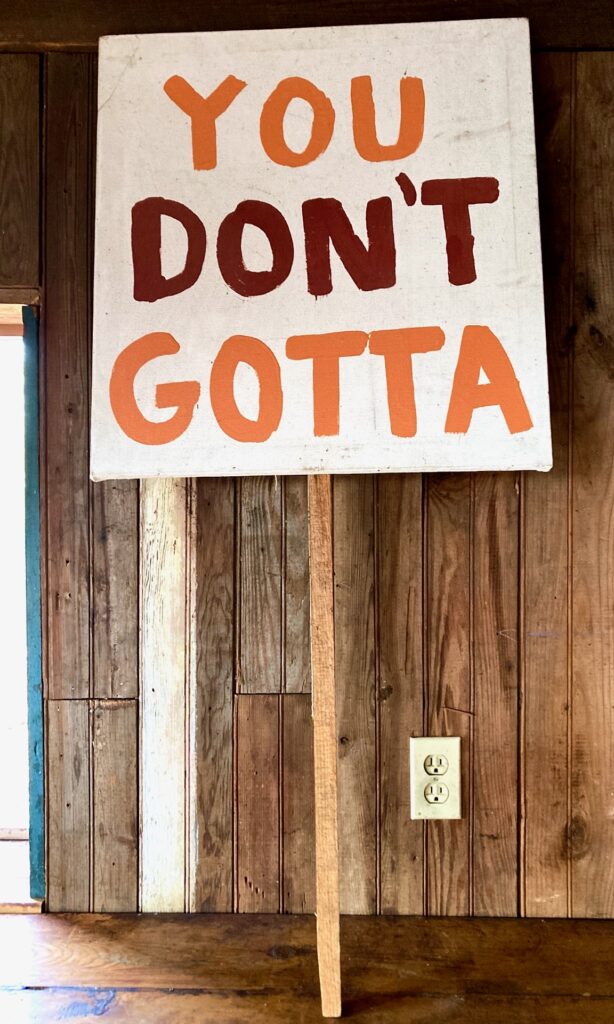The attention of the United States remains firmly fixed on alleged genocide in Gaza. But another alleged genocide has received little or no notice. Human Rights Watch alleges that a genocide has been committed in Sudan. The BBC reports:
“A genocide may have been committed in the West Darfur city of El Geneina in one of the worst atrocities of the year-long Sudanese civil war, according to a report released by Human Rights Watch (HRW). It says ethnic cleansing and crimes against humanity have been committed against ethnic Massalit and non-Arab communities in the city by the paramilitary Rapid Support Forces and its Arab allies. The report calls for sanctions against those responsible for the atrocities, including the RSF leader, Mohammed Hamdan Dagalo, widely known as Hemedti. The UN says about 15,000 people are feared to have been killed in El Geneina last year.”
Here’s the full BBC story. Be warned: it makes for unpleasant reading.
The reason I mention this alleged genocide is that wars and violence in sub-Saharan Africa don’t seem to get much attention in the US. Take for example the brutal war in the Democratic Republic of the Congo (DRC). The DRC has close to three quarters of the world’s cobalt reserves, and cobalt is a key ingredient in the lithium ion batteries that the U.S. and other countries are counting on the halt global climate change. Yet we rarely hear about this war in the US, and there are no protests calling for divestment from companies that profit from access to cheap cobalt for their lithium-ion batteries. Similarly, little attention has been paid in the US to the Mahgreb insurgency in Mali, Niger, Burkina Faso, and other nearby countries, even though al-Qaeda is behind much of the violence. Perhaps Americans have grown weary of hearing about al-Qaeda, but I would have expected a bit more media and social media attention paid to a conflict featuring a stated enemy of the US. Or what about the conflict in Ethiopia which began in 2018 and may now be slowly winding down — estimates of the death toll vary from 180,000 at the low end to over 600,000. I saw no widespread outrage in the US over the atrocities committed in that conflict.
So why does the war in Gaza and Israel draw so much attention? I suspect this is partly it’s because psychologically we humans have a limited capacity for compassion. Compassion fatigue is a real thing, and if you’re paying attention to Ukraine and Gaza/Israel, you probably don’t have much compassion left over for alleged genocide in Sudan. I suspect the lack of attention is also due in part to the fact that most people in the US have little interest in what happens in Africa. When I’m looking for news and information on Africa, I don’t find much on US news outlets or US social media; I have to go to the BBC. But I don’t really have an answer to this question, except maybe to say that we in the US reserve the right to choose which atrocities we pay attention to.

